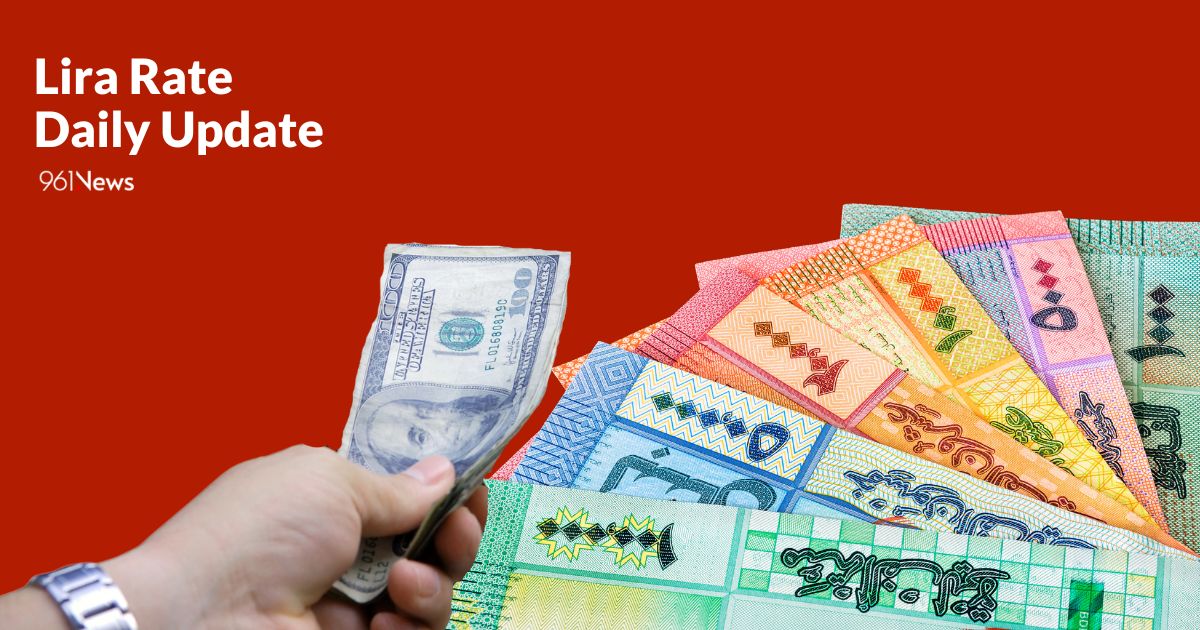As Lebanon’s elections were concluding on Sunday, May 15th, the LBP to Dollar exchange rate started witnessing a rapid deterioration, reaching a new record number of LBP 34,000.
There are many reasons being attributed to this, some of them are directly tied to Riad Salameh the Governor of the Central Bank (BDL), while others are tied to Prime Minister Najib Mikati and the resigning cabinet.
The end of the Parliamentary Elections is believed to be a contributing factor for one, and then parliamentary candidates pumping money into the markets over their electoral campaigns during the 3 months that preceded the elections.
The money that was being spent in USD was circulating in the Lebanese markets, reviving it, and should have kept a semi-stable situation for a while even after the elections ended. So why didn’t it?
A News Folio source at BDL explained that, over the past two months, the Central Bank has been withdrawing money bundles -estimated at $1 billion- in foreign currency from the black market.
This money made its rounds to the black market from the electoral candidates who were spending on advertisements, news reports, interviews, and other related campaign expenses.
“BDL went on to withdraw $1 billion after several meetings, while implicitly acknowledging the extension of Circular 161 until the end of July, with the possibility of further extension. The circular was financed from the money withdrawn, and not a single penny was spent on this circular from the treasury,” said the source.
Removing such a huge amount from the market would explain why, following the elections, the market that should have been more stable was not.
Another accomplice in the exchange rate hike, according to LebanonOn’s financial sources, is the resigning cabinet issuing the Economic Recovery Plan.
Within this plan, it is stated that deposits of $100,000 are unprotected, and that bank deposits with the Central Bank might be written off.
These two pieces of information led to a huge number of depositors withdrawing checks from the banks to be taken and exchanged at cashiers for 12%.
PM Najib Mikati, as head of the caretaker government, can write it off as being out of his jurisdiction to make any big decisions and, as Riad Salameh continues his attempts in controlling the cash flow in the country, it seems blatantly clear that the ones to be taking the full weight of the financial crisis will be the Lebanese citizens.
Related: Lebanese Banks Association Rejects The Government’s Recovery Plan Impacting Depositors.


